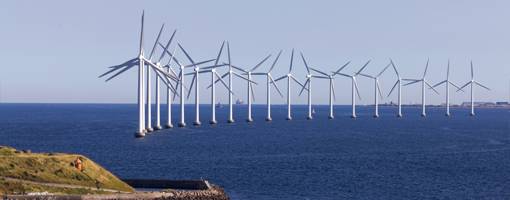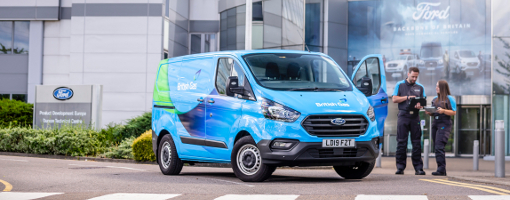In the US, ExxonMobil has agreed to report on plastics spills and plastics handling, and a resolution asking Starbucks to manage packaging has the support of half of the shareholders, according to shareholder advocacy group As You Sow.
ExxonMobil has agreed to start reporting on spills of pre-production plastic pellets, or nurdles, manufactured in polymer production plants, which are believed to be a significant source of ocean plastic pollution. The company said it will provide details about where, how, and when it monitors for pellet spills, describe pellet management systems it has in place, and report on spills that occurred, although it says there were none in 2018. It will also describe how the company assesses the effectiveness of pellet loss prevention measures.
“We are pleased that ExxonMobil has agreed to do public reporting on plastic pellet spills and management,” said Conrad MacKerron, senior vice president at As You Sow. “It is important for all industry players to establish similar transparency so stakeholders can get a realistic view of the size and scope of this problem. We hope the other companies we are engaged with will follow its lead.” As You Sow agreed to withdraw its shareholder proposal in recognition of the agreement.
As you Sow will continue negotiations with the two other major producers of pellets, DowDuPont and Chevron Phillips Chemical.
As You Sow also filed a shareholder resolution with Starbucks asking the corporation to develop aggressive plans to meet packaging reuse and recycling goals.
The 44.5 per cent vote in favour represents $21bn of investor support, far exceeding a similar vote last year that received 29 per cent support. Following last year’s vote, the company agreed to spend $10m on an initiative to make its cups more recyclable and to ban plastic straws by 2020.
“This vote is especially striking as it is much higher than last year, even following actions taken on recyclable cups and banning plastic straws,” Conrad MacKerron, senior vice president, said. “The clear message from a near majority of shareholders is that the company’s actions to date weren’t enough, lag competitors, and do not present a comprehensive sustainable packaging policy.”
Latest News
-
Cornish brewery to fundraise for local children’s hospice
-
Waitrose bolsters support for banana farmers
-
Three UK’s partnership with Samaritans raises £1m
-
Grants of up to £10,000 available as energy firm opens £6.8m community fund
-
Virgin Media O2 pledges to donate 12,000 phones to people in need in 2026
-
Nuclear waste organisation invests £8m in community projects near underground facility
© 2019 Perspective Publishing Privacy & Cookies








Recent Stories